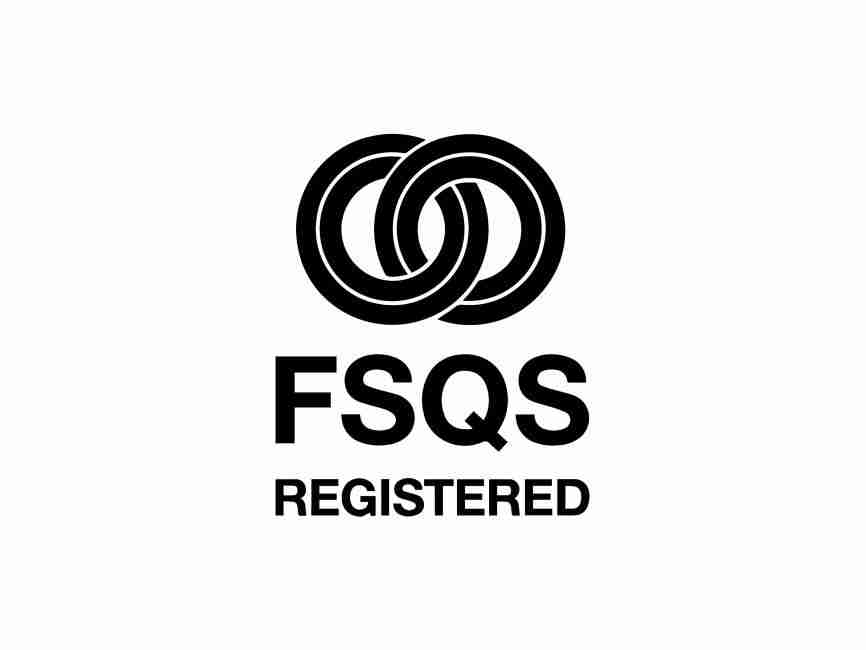Six questions to see if you need a leased line for your business
We’re all familiar with what it’s like to use a standard Internet connection. With your phone or laptop at home, you connect to the internet and start to browse the web or to download content. This is great unless everyone in your area is online at the same time and the connection slows down. The reason for this is that these connections are “contended”; this means bandwidth is shared amongst users in a local area. This is merely an inconvenience at home, but when it happens in a business it is probably time to think about upgrading your connectivity.
A leased line is a dedicated fixed bandwidth data connection. This connection can be used for Internet access, data exchange between different sites, and video and voice calls. A leased line is not shared with others, so is by definition- uncontended. This means that your business won’t suffer from poor Internet at peak times throughout the day.
Here is a series of questions below to help you decide whether your business needs a leased line:
- How many employees do you have?
The more people you have working at the same time, the more un-contended bandwidth you are likely to need to ensure that everyone can easily access the Internet to complete crucial tasks.
- How vital is Internet access to your business?
Ask your employees what they would do if the Internet went down in the office for an hour or so. Their answers will no doubt confirm that Internet connectivity is vital to your business. Think how much money you’d lose in terms of lost time, productivity, and potential sales. A leased line is less likely to fail than traditional broadband products since it is made from fibre optic cable which is not prone to interference.
- Do you have multiple sites?
File sharing and collaboration between sites can be difficult due to slow Internet speeds. Businesses with more than one office or those who support remote and home workers find that a leased line helps with this problem.
- Do you use software as a service or cloud applications?
Cloud services are integral to many businesses. From CRM systems to data storage, with cloud computing everyone needs to be online all the time. If your connection is not up to the job, you will suffer with slow speeds and a dedicated line may be necessary.
- How much data do you send?
Think of any process that involves sending information over the Internet. This could be emails, VoIP calls, cloud back-ups or file sharing. With traditional broadband upload speed tends to be slower than download. With a leased line both speeds are the same, this is known as “symmetry”.
- Do you use VoIP or cloud-based telephony?
Any business that uses the Internet to make phone calls needs a stable connection. If you have a VoIP enabled system or a hosted phone system and are experiencing poor call quality, the problem is unlikely to be the system itself, and more likely to be with the Internet connection you are running it over. If a business has 20 or more concurrent calls taking place, it will need a high-speed, resilient and symmetrical connection. Voice calls need fast response times as well as fast upload (speaking) and download (being spoken to). Symmetrical connections are the preferred connectivity for VoIP calls, and a leased line will handle multiple phone calls, Internet browsing and sending of emails all at the same time.
Ultimately, if you are running a business, contended bandwidth can have a serious impact on your productivity. Slow Internet can result in problems with downloading and sending large files, and crucially can interrupt VoIP calls. Businesses who rely heavily on data for their day-to-day operations should consider a leased line for reliability, speed and the SLA that typically comes with a fixed connection.









